Building a Measure of the Effectiveness of Knowledge Management in a Number of Sports Educational Institutions in Erbil Governorate
Main Article Content
Abstract
The aim of the research is to build a measure of the effectiveness of knowledge management in the number of sports educational institutions in Erbil province. The descriptive approach and the survey method were used for its relevance and the nature of the current research, and the research community included (195) male and female students representing the Department and Institute of Physical Education in Shaqlawa District, Erbil Governorate, and the non-governmental Bayakht Institute, and for research necessity. The researcher chose two samples from the research community, the first for construction, with (80) students, and the second for application, with (40) male and female students. The objectives of the research require building a measure of the effectiveness of knowledge management in sports educational institutions, according to scientific procedures. The data were treated statistically by means of the SPSS system, which included the mean, standard deviation, percentage, Pearson correlation coefficient, Cronbach's alpha. The researcher reached several conclusions, the most important of which are: The validity of the knowledge management effectiveness scale in sports educational institutions, which was built by the researcher. And the occurrence of most of the items of dimensions (acquisition and generation of knowledge, storage of knowledge, distribution of knowledge, application of knowledge) that formed the scale at a (high) level, an indication of the importance of knowledge, which has become one of the driving forces for the success of the administration, which enjoys a high density of knowledge, and to deal with it in a manner Regular, and considering knowledge as a basic source to achieve administrative excellence for the institution among its peers.
Article Details

This work is licensed under a Creative Commons Attribution-NonCommercial 4.0 International License.
References
Abu Shakdim, S. (2020). The effectiveness of e-learning in light of the spread of the Corona virus from the point of view of teachers at Palestine Technical University (Khadoori).
AbdulRasoul, T. H., Aldewan, L. H., & Muslim, A. J. (2019). Effect of Daniel ’s model in teaching basic skills of football halls. Journal of Studies and Researches of Sport Education, 58, 11–25. https://www.iasj.net/iasj/article/171095
Adam, A. (2018). The Role of Knowledge Management and Intellectual Assets in Achieving the Economic Benefit of University Libraries. Arab Group for Training and Publishing.
Ajabi, M. (2022). The impact of knowledge management on the management of excellence through the standard of policies and strategies in the educational administration. The Arab Republic of Egypt, Sadat Academy for Administrative Sciences.
Al-Aqraa, N. (2020). The impact of knowledge management on enhancing administrative performance in government institutions in Qalqilya Governorate, Faculty of Administrative and Economic Sciences. Scientific Research Notebooks, 8(2).
Al-Asi, N., & Ali, J. (2012). applied concepts in the level of performance of sports knowledge for members of the administrative bodies of elite and excellent clubs from the point of view of coaches. , The Eighteenth Regular Conference of Colleges and Departments of Physical Education in Iraq.
Al-Awlaki, A., & Al-Dhalei, A. (2017). The role of knowledge management in achieving competitive advantage. King Saud University Journal, 27(1).
Al-Bajari, B. (2015). The role of knowledge management processes and the dimensions of organizational culture in the organizational effectiveness of youth and sports forums in Iraq from the point of view of its administrative and training sports staff.
Al-Enezi, K. (2019). The degree of practice of secondary school principals in the State of Kuwait to manage administrative excellence in light of the European model of excellence.
Aldewan, L. H., Noori, A. B., & Oda, M. J. (2022). The influence of the rofini model on learning some basic skills and sensory perceptions in the game of female tennis. Journal of Studies and Researches of Sport Education, 32(1), 16–27. https://doi.org/https://doi.org/10.55998/jsrse.v32i1.285
Al-Faqih, I. (2012). The reality of the application of knowledge management at Jazan University from the point of view of academic leaders.
Al-Kubaisi, A. (2005). Knowledge Management and Organizational.
Al-Omari, M. (2004). The combined use of information technology and knowledge management to achieve high value for the work of Jordanian commercial banks.
Al-Saqri, F. (2017). The reality of applying knowledge management in Saudi universities. Journal of Arab Studies in Education and Psychology, 91.
Awad, A. (2012). The role of knowledge management and its technology in achieving organizational development. Damascus University Journal of Economic and Legal Sciences, 28(1).
bin Samhan, M. (2019). The reality of knowledge management and its impact on institutional performance. International Journal for Research in Educational Sciences, 2(3).
Ghayour, A. (2012). The use of knowledge management in developing institutional performance in higher education institutions in Egypt. Journal of Education, Ain Al-Shams, 1(39).
Hammoud, K. (2010). The Knowledge Organization (1st ed.). Safaa for Publishing and Distribution.
Jennifer, R. (2000). From Learning Organization to Knowledge entrepreneur. From Learning Organization to Knowledge Entrepreneur, 4.
Morten,T. Hansen, nitin, nohria, & Thomas J. Tierney. (1999). What is your Strategy for Managing Knowledge.
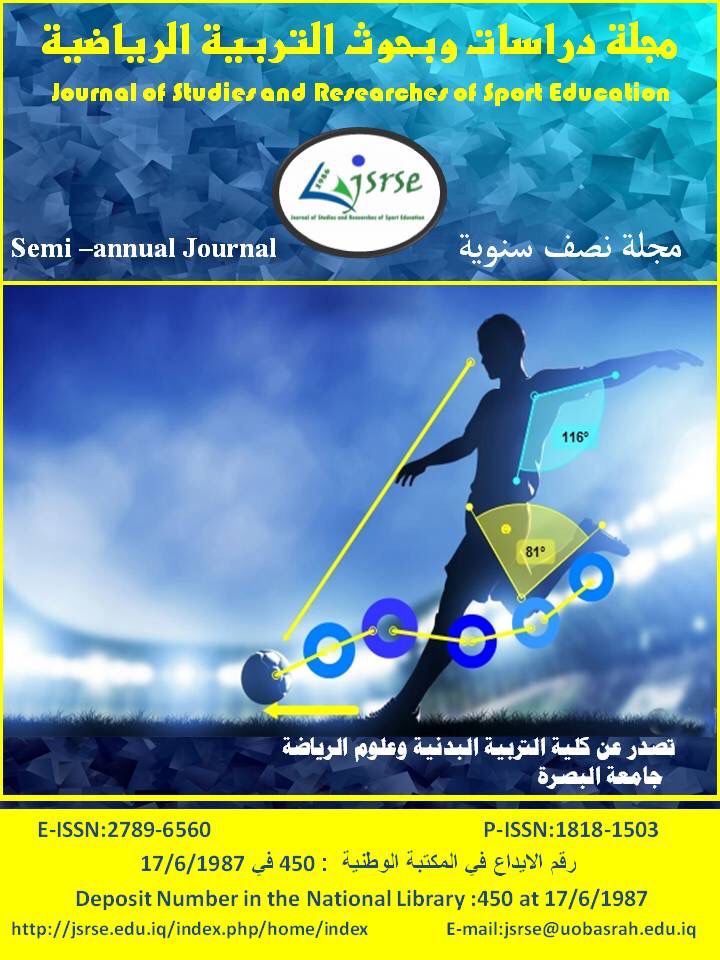




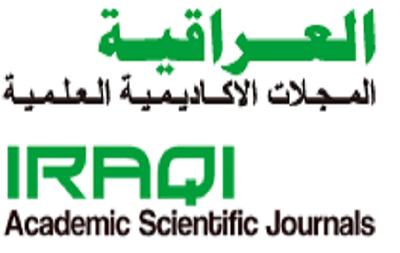 IASJ
IASJ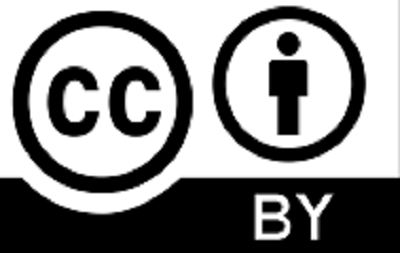 CC-BY-4.0
CC-BY-4.0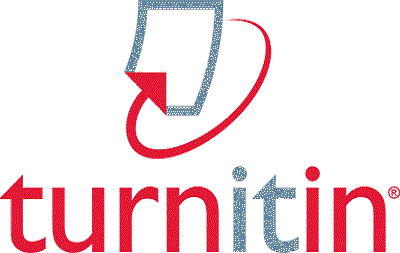 turnitin
turnitin ISSN
ISSN DOAJ
DOAJ Crossref
Crossref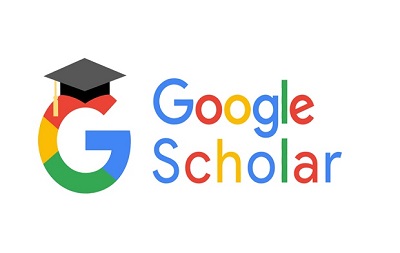 GoogleScholar
GoogleScholar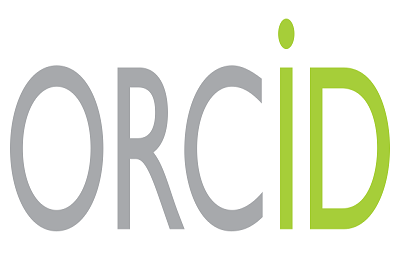 Orcid
Orcid